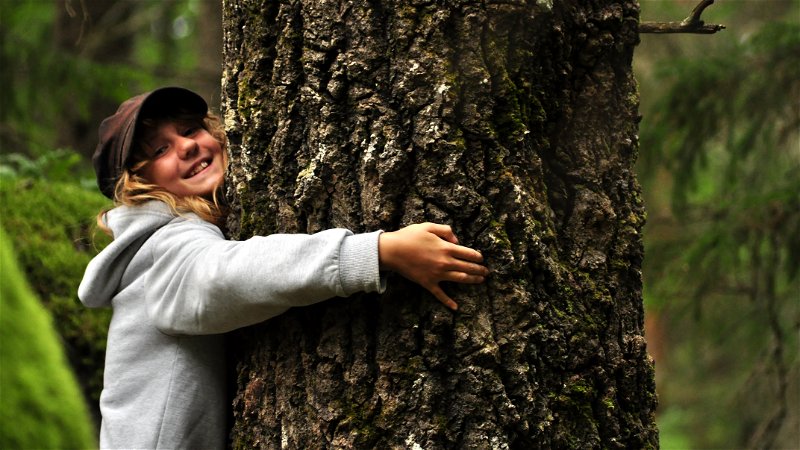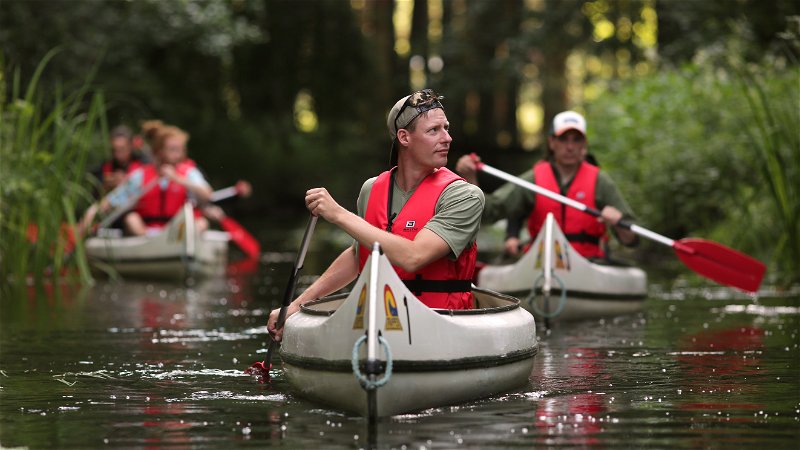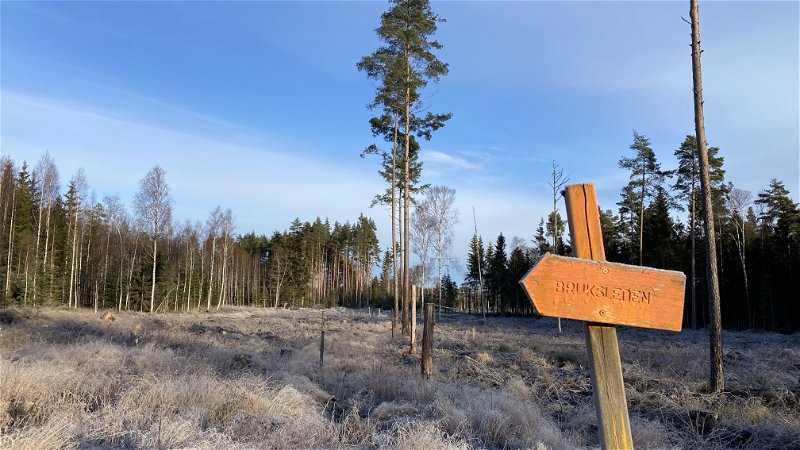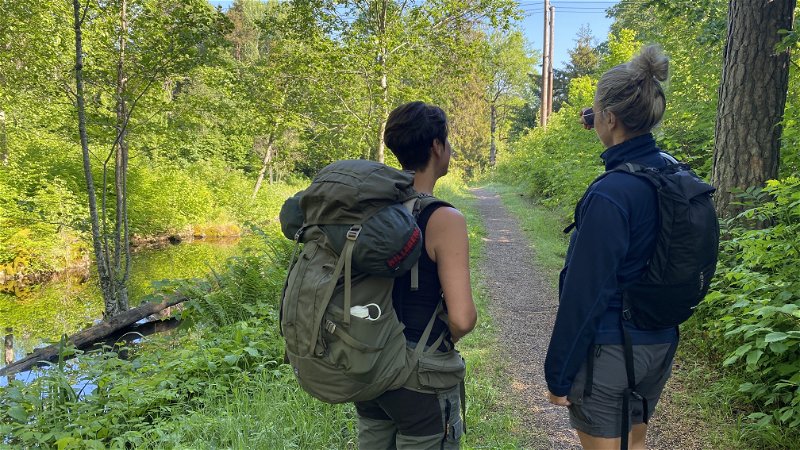Allemansrätten - The Swedish Right of Public Access
Welcome to the nature of Västmanland, where we embrace "Allemansrätten" - the Right of Public Access.
The Right of Public Access, or Allemansrätten in Swedish, is a remarkable tradition that grants you the freedom to explore almost anywhere in nature, as long as you avoid causing disturbance or harm. Causing disturbance or harm? Hmm... this concept might seem a bit vague. Let's delve deeper to get a clearer understanding of what Allemansrätten entails.
Understanding Allemansrätten
While protected by the constitution, Allemansrätten is not a standalone law. Rather, it is surrounded by laws that delineate the do's and don'ts. While certain aspects are explicitly defined, there is considerable flexibility and responsibility left to you as an individual to make on-the-spot judgments about what is appropriate and not.
Navigating Personal Judgments
At its core, the principle is simple: do not disturb or destroy. Do this by assessing the landscape and ponder, "What would happen if everyone followed my lead?" You must obviously exercise extra caution in delicate terrains, and be more considerate in heavily frequented areas. If you are unsure, it is always better to err on the side of caution. Meaning, If you are uncertain about the appropriateness of making a fire in a particular location, it is better to refrain from doing so.
Where Allemansrätten Applies
Allemansrätten applies across most natural areas, with exceptions in protected zones like nature reserves and national parks, where restrictions may be imposed on activities such as camping or making fires. Information can be found at the entrance to these areas or on the County Administrative Board's website (Länsstyrelsen).
Specific Activities Allowed Where Allemansrätten Prevails:
Walking and Cycling: You have the right to wander freely on foot and by bicycle in almost all fields and paths, excluding electric bicycles which are classified as motorized vehicles.
Camping: A single-night camp is allowed on environmentally insensitive land. Show consideration by avoiding extended stays in one location, and ensure your campsite is not visible from nearby residences.
Berries and Mushrooms: Picking berries and mushrooms in the forest is permitted.
Fishing and Swimming: Enjoy fishing and swimming in most lakes and watercourses, but check for any existing fishing regulations. Sometimes, a fishing permit may be required.
Making Fires: Fires are permitted in nature, provided they are done safely and no fire bans are in effect. Never build a fire in a way that could leave lasting marks in nature, especially on rock surfaces.
Enjoying the silence: Relish the tranquility of nature; it's your right.
Restrictions According to Allemansrätten:
Private Properties: You are allowed to roam in private land but not in peoples yards or gardens.
Motorized Vehicles: Allemansrätten does not extend to the use of motorized vehicles, including electric bicycles.
Harming Wildlife and Plant Life: Refrain from disturbing wildlife or damaging living plants and trees. Breaking branches from live trees is considered detrimental to plant life and is not permissible. When gathering wood for a fire, bring your own or collect dead branches from the ground.
Disturbing Others: Respect others' need for peace and quiet, refraining from unnecessary noise or disturbance to fellow visitors.
Littering: Never litter in nature. Even biodegradable items like banana peels and food scraps should be handled with care. Consider how it would impact the environment if everyone left biodegradable waste, still not a pretty sight.
In summary, Allemansrätten is a beautiful aspect of Swedish culture that promotes responsible and respectful interaction with nature. Enjoy your time in the forests of Västmanland!



